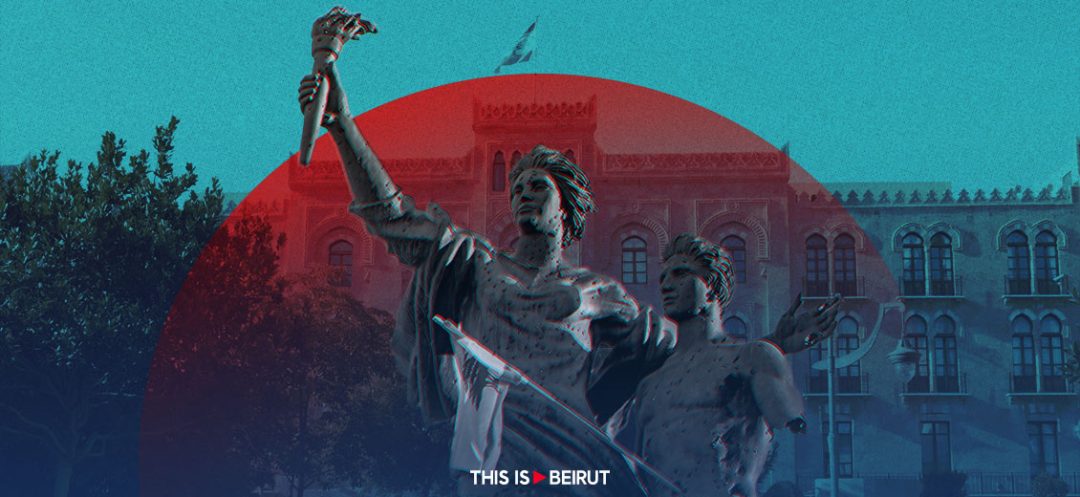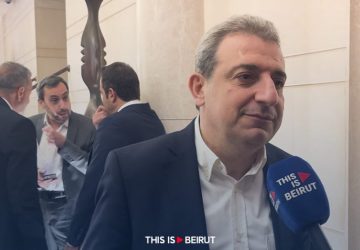Listen to the article
The extension of municipal councils and mukhtars’ mandates for just one year, under the pretext of the country’s political circumstances, implies that the current councils are nearing their tenth year in office, portraying an authoritarian regime that has no consideration to democracy.
While security conditions in the South prevent holding municipal elections, which may be a significant reason for delaying them, the security argument hasn’t significantly changed in Lebanon for many years. For instance, the 1998 municipal elections took place amidst Israeli threats and occupation. Similarly, the 2005 parliamentary elections were held during a pervasive wave of bombings across various areas. You probably recall the nights when we woke up to explosions? It reached a point where then-President Emile Lahoud even expressed his “fear” that someone might hurl a bomb at a gathering of protesters. However, despite these obstacles, the elections — during which the assassinations of Samir Kassir and Georges Hawi occurred — proceeded. Security threats weren’t the primary concern at the time.
Instances of security circumstances during elections are many. The uncontrolled proliferation of arms extends from the North, where the Islamic Group, al Jamaa’ al Islamiya, showcased its military parade lately, all the way to the southernmost point.
The problem isn’t just the security situations, it’s the recurring trend of election cancellations. The series of extensions since 2005 rivals any other country with all possible political crises. The first extension of parliament, from 2004 to 2005, was “necessitated” due to the concurring dates of municipal and parliamentary elections. In 2013, Parliament’s term was extended due to the security conditions at the time. Another one followed in 2015, keeping parliament in office until the end of its term which was already extended. The municipal elections were first postponed for a year in 2023, and yet another year in 2024. And let’s not overlook the extension of presidential mandates, each one akin to a slaughter of democracy.
A core problem compounded by the extensions of municipal mandates is that municipal councils are failing to provide a minimal level of services to the citizens. Neglect in some areas has reached a level reminiscent of the negligence that existed during the war, in addition to the deteriorating conditions and the municipal councils’ failure to address existing problems. The economic crises of recent years have further aggravated the state of municipal councils which are unable to make any change. Development has ground to a complete halt since 2019, leaving citizens with no choice but to reluctantly accept the situation.
Municipal elections mark the first point of contact between the State and its citizens. But, with the cessation of governmental services due the presidential vacuum, a caretaker government and the Parliament’s inability to legislate and elect a president, compounded by today’s extension of municipal terms, we can mourn all State institutions, from the top of the pyramid to the bottom, not to mention the closed administrations due to continuous strikes.
With the latest municipal extension, the State has come to a complete standstill, leaving us no option but to await the resurgence of democracy. Sadly, the decision is out of our hands.





